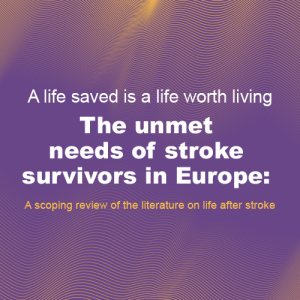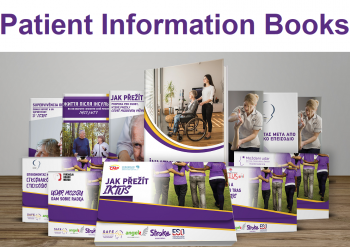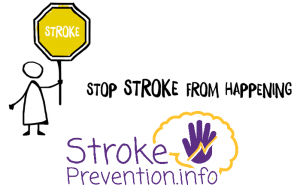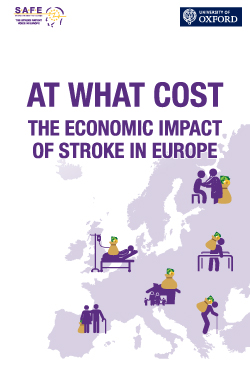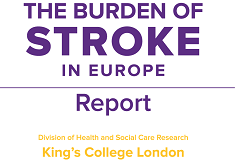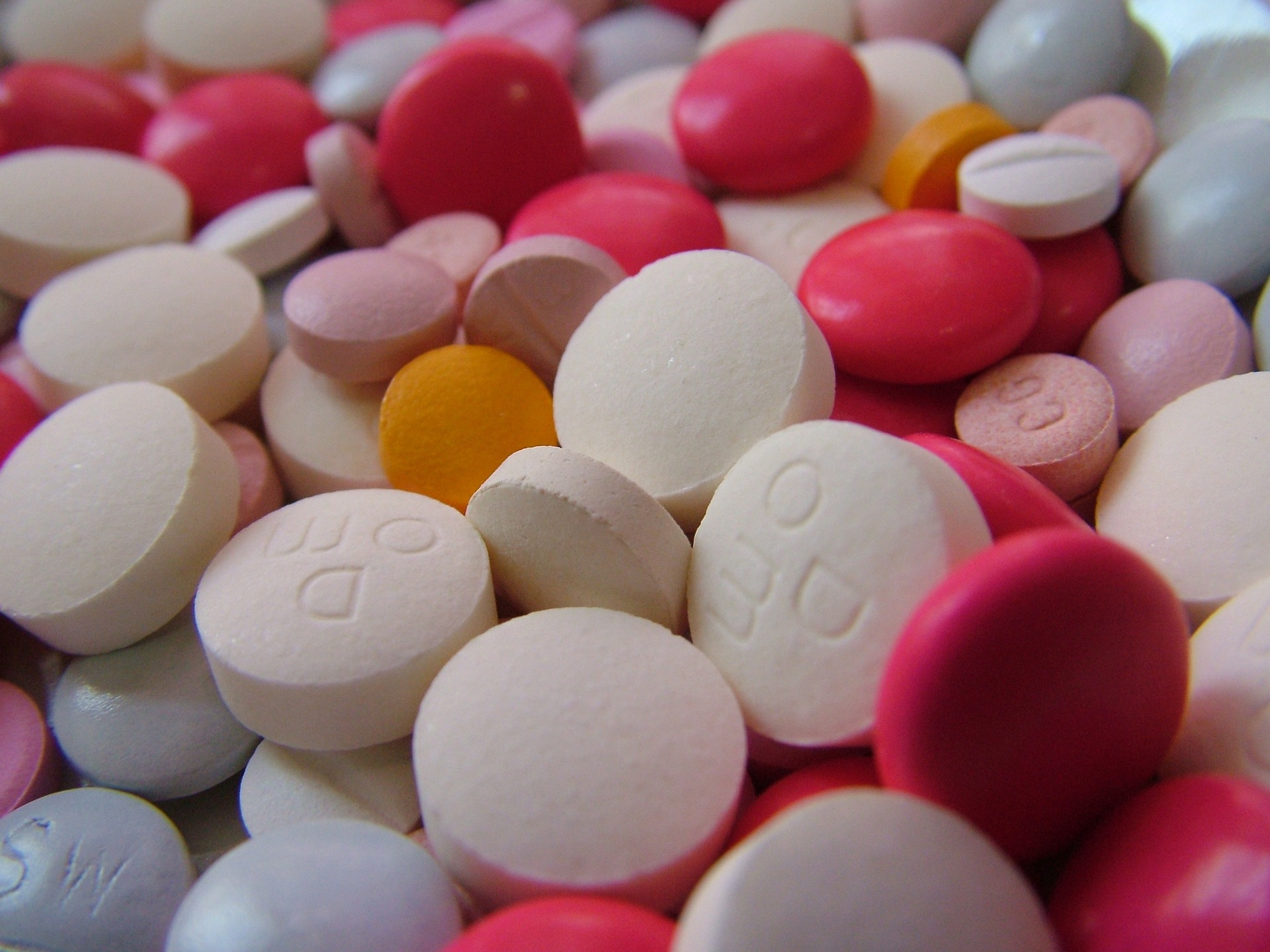
Dec 2, 2016
Researchers at The University of Manchester have discovered that a potential new drug reduces the number of brain cells destroyed by stroke and then helps to repair the damage.
A reduction in blood flow to the brain caused by stroke is a major cause of death and disability, and there are few effective treatments.
A team of scientists at The University of Manchester has now found that a potential new stroke drug not only works in rodents by limiting the death of existing brain cells but also by promoting the birth of new neurons (so-called neurogenesis). (more…)
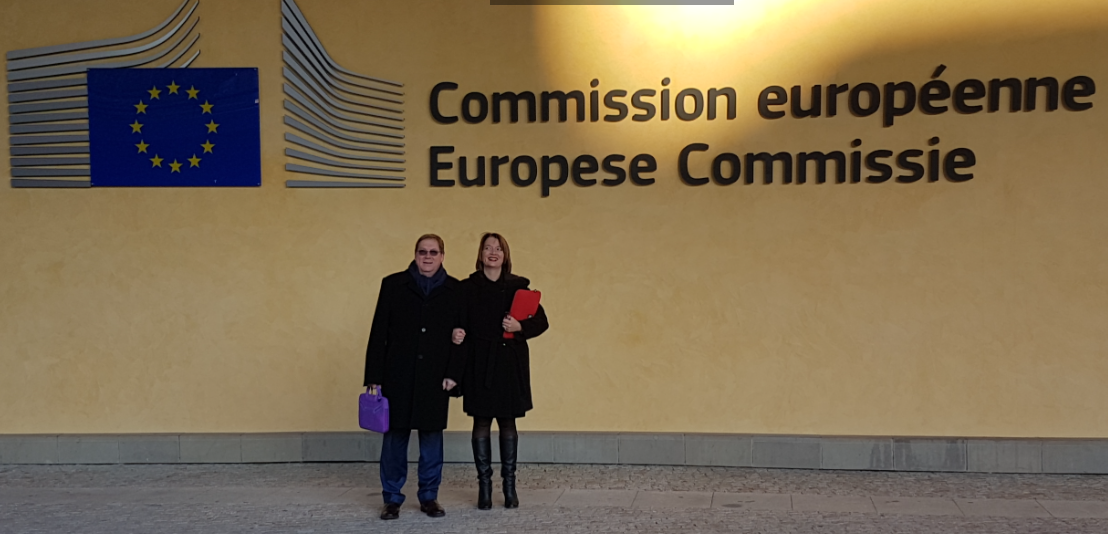
Nov 30, 2016
Brussels, 30th November 2016 – Jon Barrick SAFE President and Valeria Caso President of the European Stroke Organisation of Stroke Professionals had a meeting today at the European Union Health Commission to discuss the quality of Stroke prevention, care and support within the countries of Europe.
SAFE and ESO made a number of proposals aimed at gathering EU support for encouraging countries across Europe to improve stroke intervention. Stroke now accounts for more than 9 percent of all deaths in Europe and is the leading cause of long term severe disability. (more…)
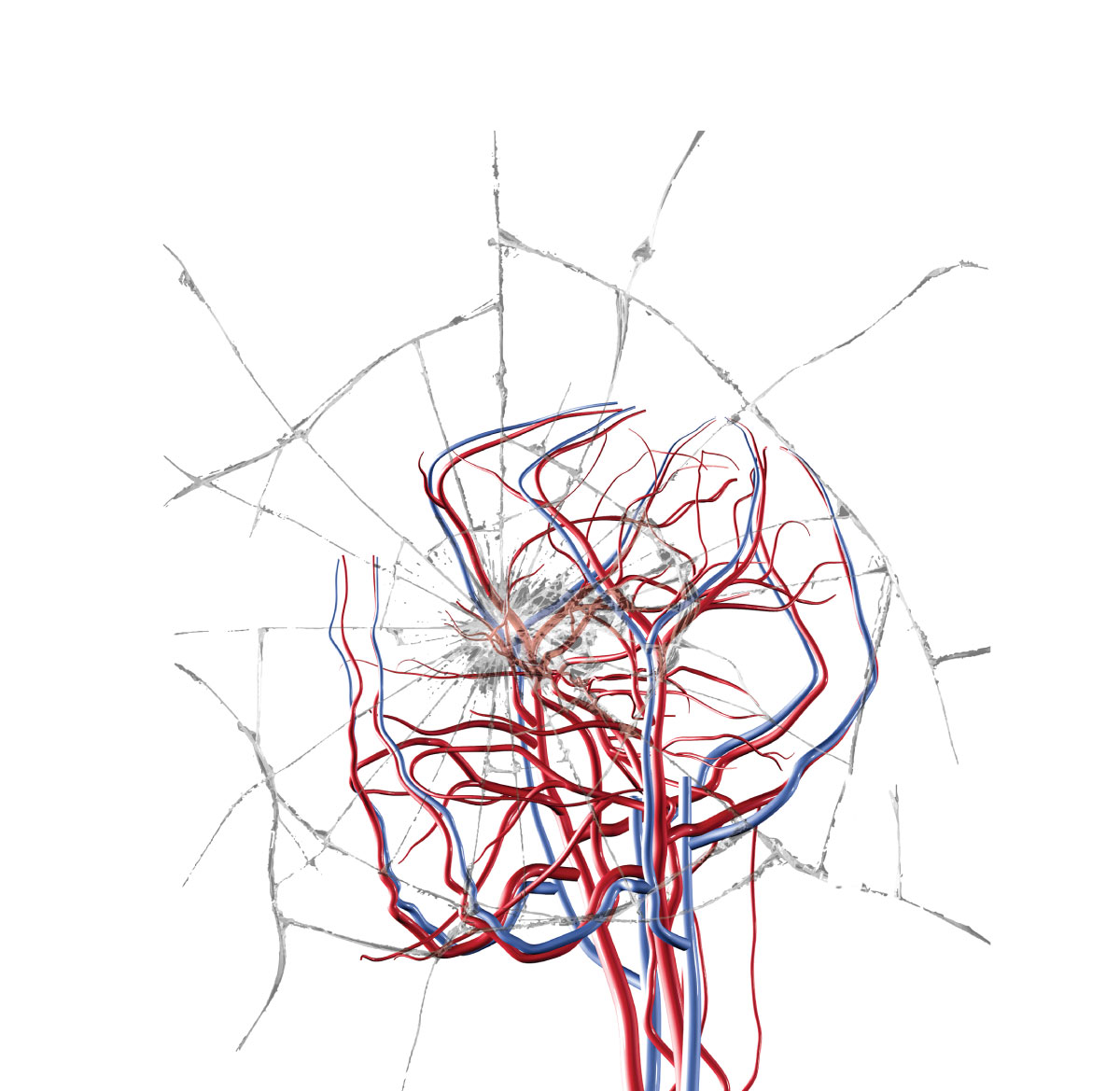
Nov 29, 2016
A brain aneurysm is a bulge in an artery in the brain that has the potential to burst or rupture. A ruptured aneurysm can cause a type of stroke called a subarachnoid hemorrhage.
An estimated 5 percent of Americans may have or develop a brain aneurysm each year, according to the Mayfield Clinic.
Not all aneurysms cause stroke, and vice-versa. However, if a person is at risk for a burst aneurysm, treatment is often required to prevent this potentially life-threatening occurrence. (more…)

Nov 27, 2016
Written by Ana Sandoiu
Published on medicalnewstoday.com
As the winter holidays are fast approaching, alcohol consumption rates are about to go up. While low to moderate drinking has been shown by some studies to have beneficial effects on the heart and circulatory system, new research suggests alcohol use may increase the risk of some types of stroke and not others.
Most people have consumed alcohol at some point in their lives. Low to moderate levels of alcohol consumption have been shown to be good for one’s health, but high and heavy drinking can have serious negative consequences. (more…)

Nov 25, 2016
Published on medicalnewstoday.com
Stroke rates continue to decline in people 55 and older, while more than doubling in those between 35 and 39, according to new research in Journal of the American Heart Association, the Open Access Journal of the American Heart Association/American Stroke Association.
“People, especially those under 50, need to realize that stroke does not just occur in the old, and the outcome can be much more debilitating than a heart attack – leaving you living for another 30 to 50 years with a physical disability,” said Joel N. Swerdel, M.S., M.P.H., lead study author and a Ph.D. candidate at the Rutgers University School of Public Health in New Brunswick, New Jersey. (more…)






